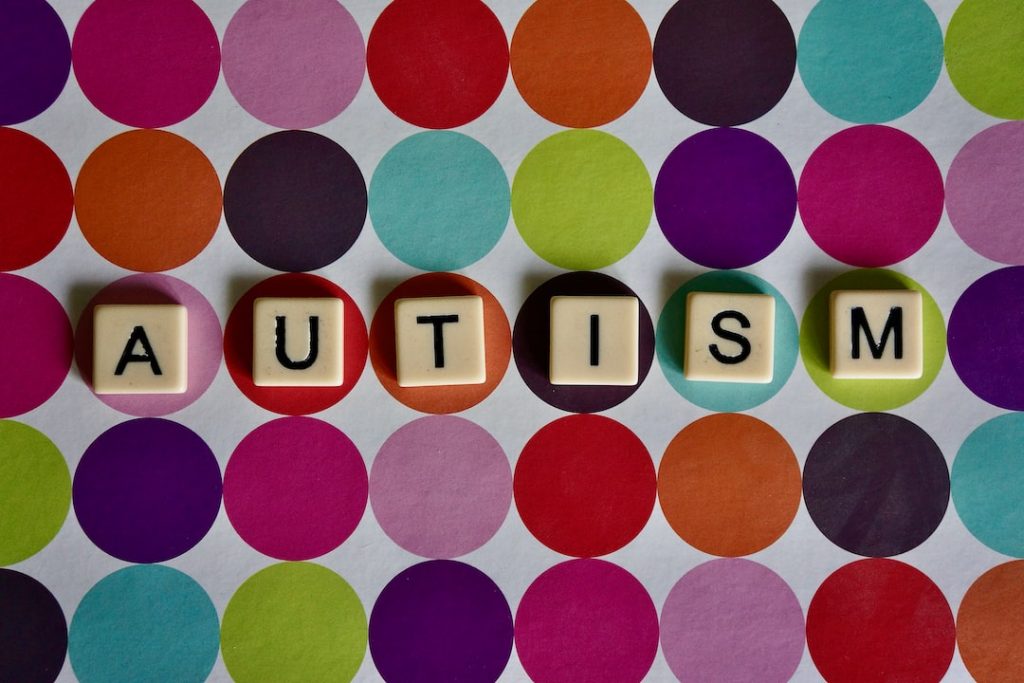Understanding Autism: Symptoms, Causes, and Treatment Options
Autism, also known as Autism Spectrum Disorder (ASD), is a neurodevelopmental disorder that affects a person’s ability to communicate effectively, interact with others, and engage in social situations. Autism is usually diagnosed in early childhood, typically between the ages of two and three years old.

Symptoms of Autism
The symptoms of Autism vary from person to person, but typically involve delays or difficulties in the following areas:
- Communication: Difficulty with language, impaired nonverbal communication, difficulty with social interactions, and trouble interpreting social cues.
- Repetitive Behaviors: Autistic individuals may exhibit repetitive behaviors, such as repeating words or actions, adhering to strict routines, or the attachment to specific objects.
- Sensory Processing: Sensory processing difficulties are also common in autism, with people experiencing hypersensitivity to light, sound, touch or taste, or alternatively hyposensitivity in some cases.


Causes of Autism
The exact cause of Autism is still not fully understood, but it is believed to involve a combination of genetic and environmental factors. For example, certain genetic mutations have been associated with an increased risk of autism. Birth complications, premature birth, and maternal infections during pregnancy have also been linked to an increased risk of autism.
Treatment Options
There is no cure for Autism, but some treatments can help manage its symptoms and improve quality of life for affected individuals. Early intervention is crucial, especially during the developmental stage. In most cases, management of Autism includes:
Behavioral therapies: Applied Behavioral Analysis (ABA) is among the most effective therapies in managing ASD symptoms, which reinforces positive behaviors and reduces negative ones.
Speech and language therapy, and Occupational therapy: These therapies focus on improving language, social skills, and independent living, making it more accessible for an autistic individual to communicate and engage with others, and promoting their overall quality of life.
Medication: Medications are used to manage specific ASD-associated symptoms such as anxiety, hyperactivity, and aggression.
